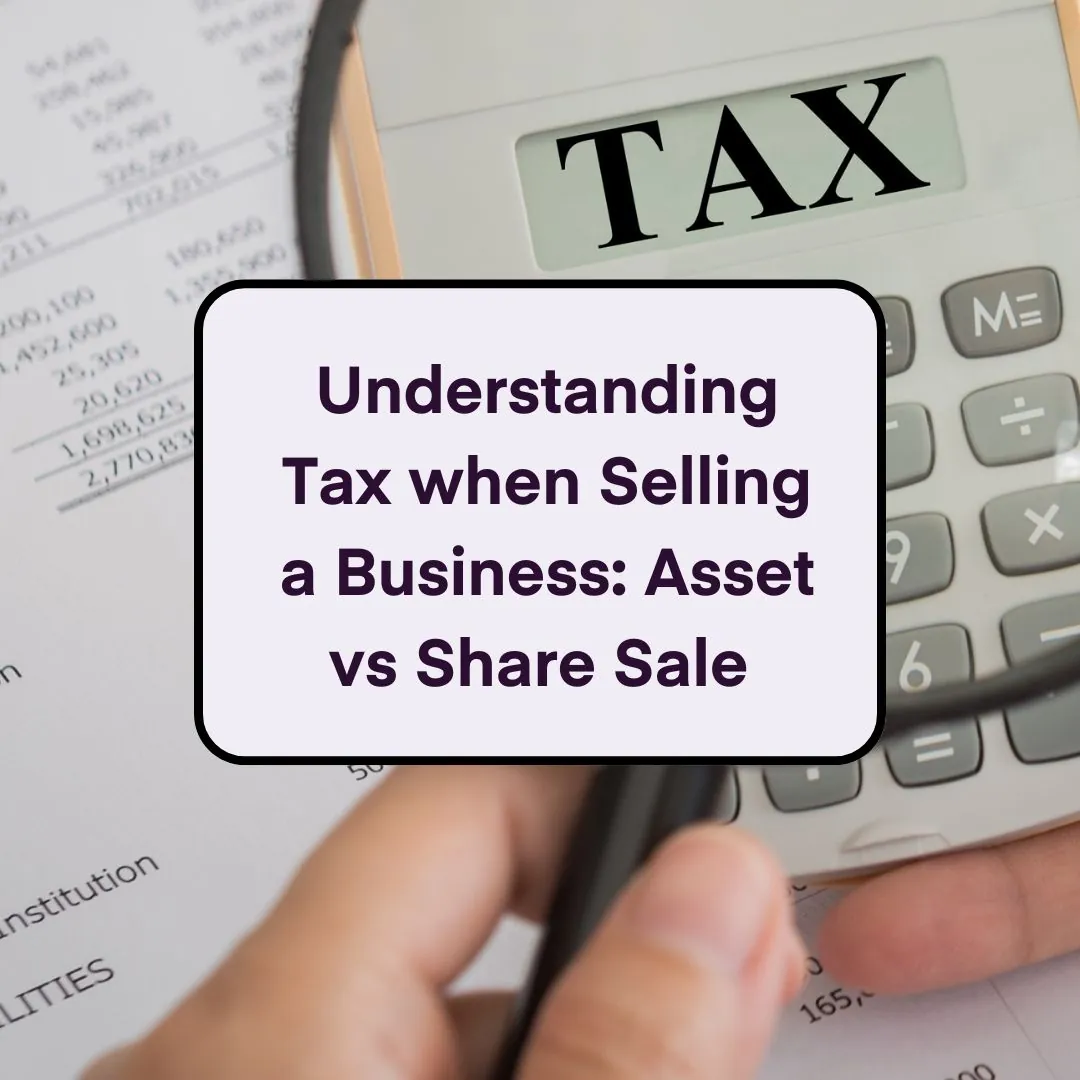
R&D claims increase: Is your business missing out?
19 Nov 2018The total amount of R&D support claimed by businesses has increased by 25%, bringing the total for 2016-17 to £3.7bn, with the current average being valued at £53,000, according to a new HMRC report.
The statistics are for 2000-02 to 2016-17 and they are based on returns received on or before 30 June 2018, according to the report. This trend in submitted claims is highly positive when considering the future of the UK’s business innovations.
When first introduced in 2000, R&D tax credits were put in place to encourage innovation and increased spending in R&D. In the eighteen years the initiative has been in place, over 240,000 claims have been made – a total of £21.4bn.
As a leading small business accountant, our team are experts in tax advice and planning for SMEs. R&D tax relief, along with many other ways to reduce a company’s tax bill, can often be overlooked by small business owners. That’s where Accounts and Legal can help.
Get in touch today to discuss how our team can develop a specific plan to help your business. Alternatively, try our instant quote tool and get a competitive fee in just 5 clicks.
Encouraging innovation among SMEs
The government seem keen to build Britain a global reputation for innovation and so is actively trying to encourage firms of all sizes to invest in R&D.
Given that the majority of those companies using R&D tax credits are SMEs, the uptake in the relief could encourage many innovative businesses to grow and reach their full potential.
In 2016/17, 39,960 R&D tax relief claims were made, with 34,060 of these in the SME R&D scheme. However, submissions for tax relief remain open and this figure is likely to increase further.
The total amount of R&D support claimed by businesses has increased by 25%, bringing the total for 2016/17 to £3.7bn.
According to HMRC’s report, the ‘Manufacturing’, ‘Professional, Scientific and Technical’, and ‘Information and Communication’ sectors continued to have the greatest volume of claims, making up a total of 71% of claims and 75% of the total amount claimed for 2016/17.
Although the number of claims has risen, many companies are still not claiming the tax relief they are entitled to. HMRC’s evidence shows SMEs are relying on their advisors to bring R&D to their attention. Without tailored advice, many SMEs could continue without their rightful tax relief.
Innovation comes from the top down
The government’s industrial strategy has its heart in the right place, but it’s still lacking ambition when looking at the broader picture.
With the current plan aiming for a mediocre 2.4% of UK GDP invested in R&D by 2027, it’s difficult not to feel uninspired. Greater support to SMEs is vital in the coming years, particularly when it comes to benefiting from innovation and intellectual property.
Beyond that, the same old chestnut remains constant in the UK economy - low productivity. Britain remains much less productive than its European counterparts, and this represents one of the most significant obstacles to growth and improving living standards in the country.
So, despite the fact that there is an increase in the percentage of companies making a claim, this spike is not fast enough to dispel other key economic concerns.
The rise in claims also brings into sharp focus the operational pressure that HMRC face in processing and risk assessing these claims, ensuring the right companies make claims, but also that these claims are processed in a timely manner.
We can only hope that these figures serve as a prompt to re-commit greater resources to operationally managing the R&D schemes, which are a crucial support to growing innovative UK businesses.



















